Key Takeaways
- Dragon Age: The Veilguard is a polarising game, especially regarding its writing.
- BioWare had expected divisive reactions, but they trended more negative than expected.
- Creative director John Epler argues that divisive reactions aren’t necessarily a bad thing.
Dragon Age: The Veilguard directors John Epler and Corinne Busche recently gave an interview to Eurogamer where they covered a variety of topics, including the fan base’s divided reaction to the game.
The Veilguard is a critical success, holding a score of 80 on review aggregate site OpenCritic. However, the positive perception of the game has cooled in the weeks since its release. While there are vastly different opinions on how strong a game Dragon Age: The Veilguard is, the consensus appears to boil down to it being a decent action game with substandard writing. As the series is known for expansive lore and interesting characters, the quality of writing has quickly become the dominant topic in discussions surrounding the game.
The Veilguard is Polarising
“Did we expect it? Yes and no,” Busche begins. “What we know is that these reactions have been part of the Dragon Age journey with every entry. Even if you look back to Origins, it wasn’t necessarily hailed at the time with the reverence it is today, because people were still considering games like Neverwinter Nights, so we saw that through each entry. It was more so this time that we were braced for, but we did expect it.”
Busche goes on to say that Dragon Age has always reinvented itself with every instalment, creating both a “challenge” and an “opportunity.” Busche’s answer seems to suggest that although they had expected some negative feedback, they experienced more than they perhaps were prepared for.
Epler goes on to say that divisive reactions can be a good thing as it means a game has communicated a distinct identity, rather than being an inoffensive experience with middling reactions.
“It’s been a decade since the last Dragon Age came out, and a lot of people have spent that decade imagining various versions of what this game was going to be. The reality was whatever we came out with, it was never going to match the Dragon Age 4 in people’s minds and people’s imaginations,” Epler says.
“Now how closely it matched, or whether what they got was different in a good way than what they were expecting: that speaks to the very wide variety of reactions on it. But getting those kinds of reactions at least suggests that, to Corinne’s point about having a direction, having a very clear vision: it speaks to you’ve got something that’s very clearly a thing and it’s not sitting in the middle,” Epler explains. ” It’s not trying to be all things to all people. It’s trying to be itself, it’s trying to be the game that it wants to be. I think you’re going to get those much more polarised reactions that way than if you make something that tries to be a little bit of everything. You might still end up with the same score but it’s going to be a lot more in the middle of that spectrum of scores.”
Dragon Age: The Veilguard is certainly polarising, with some of the narrative decisions and retcons made by BioWare attracting significant criticism from long-time fans of the series. For now, BioWare is working on Mass Effect 5, and beyond that, Epler has hinted at taking Dragon Age beyond Thedas.
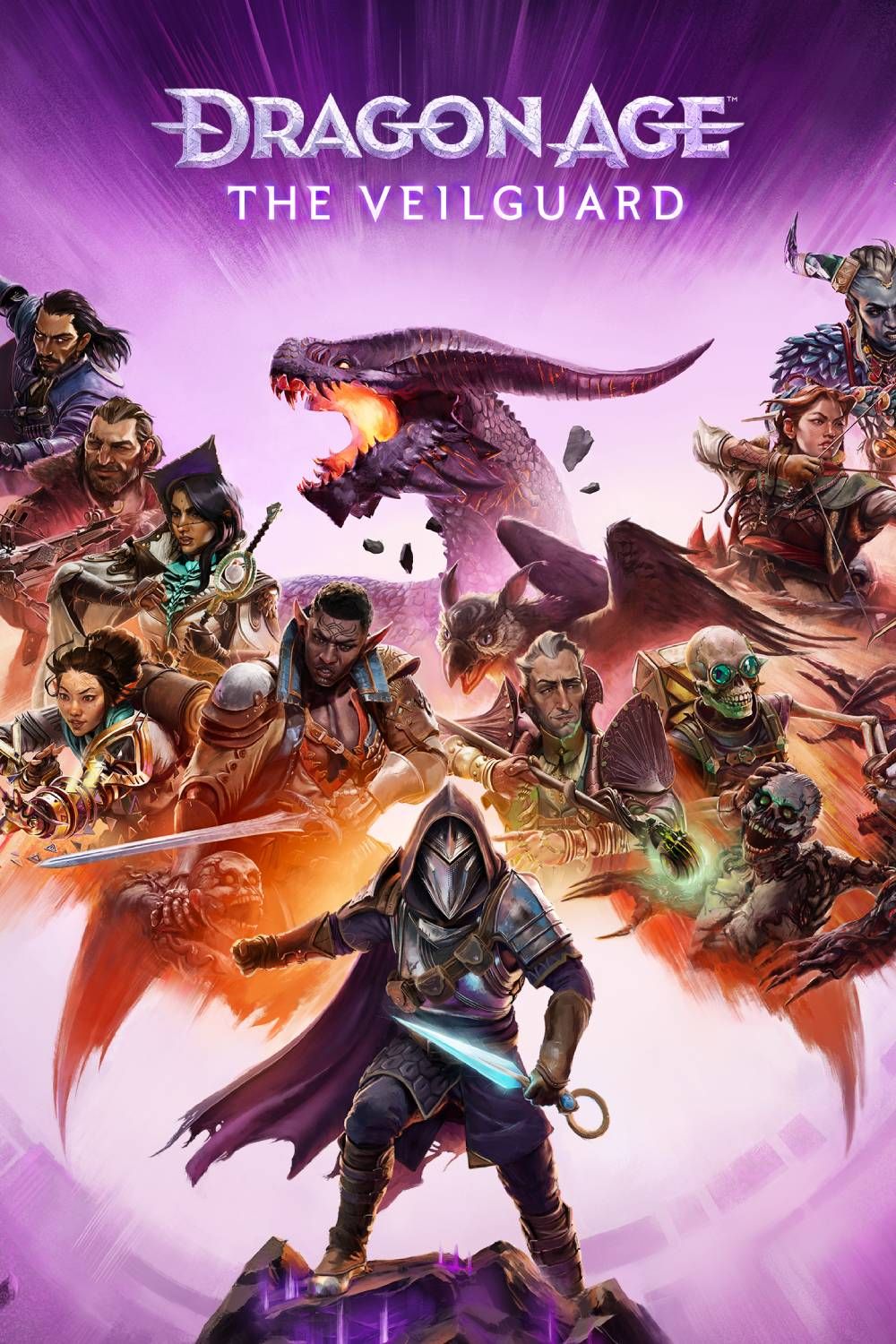
Dragon Age: The Veilguard is the long-awaited fourth game in the fantasy RPG series from BioWare formerly known as Dragon Age: Dreadwolf. A direct sequel to Inquisition, it focuses on red lyrium and Solas, the aforementioned Dread Wolf.
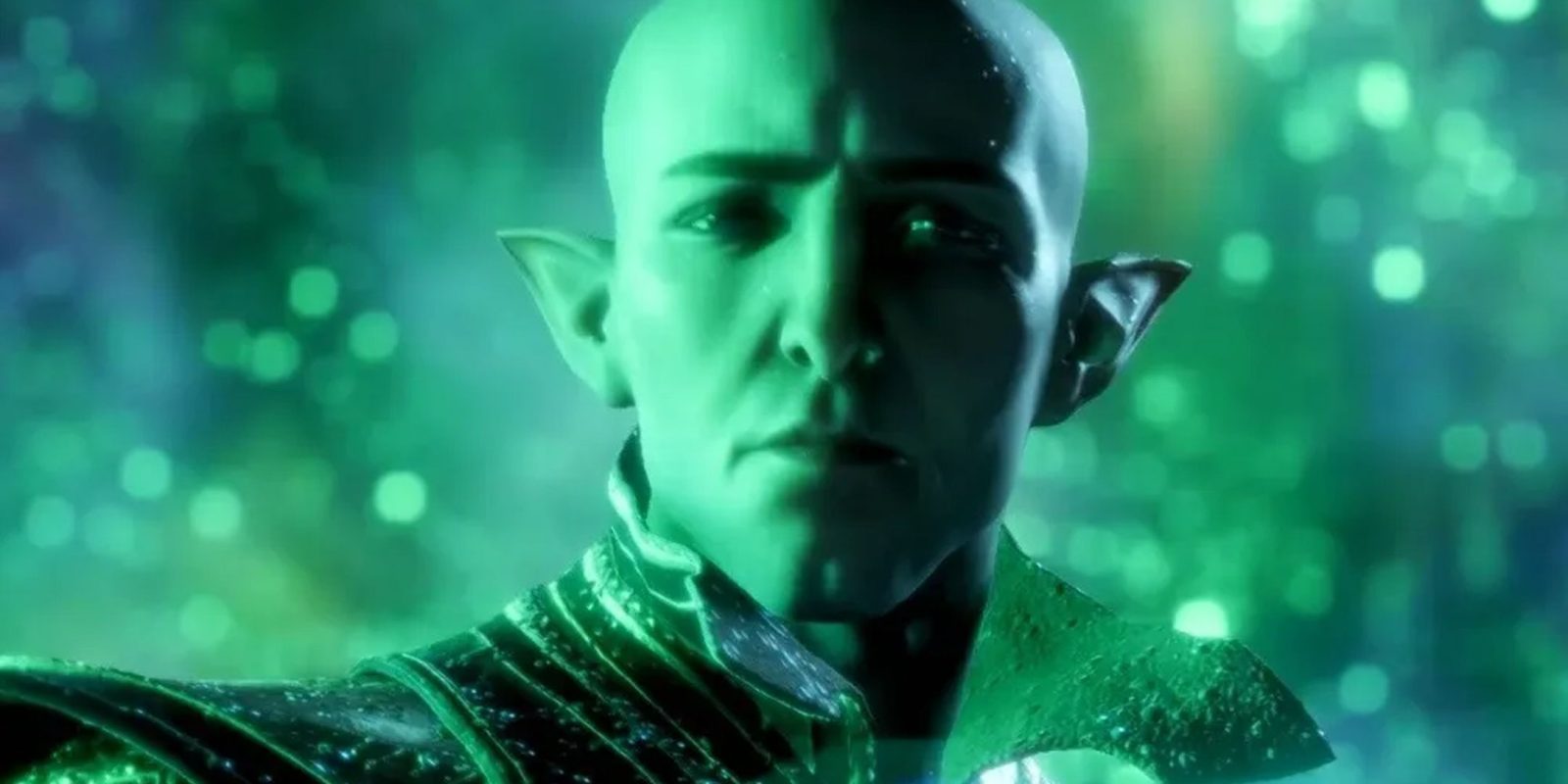


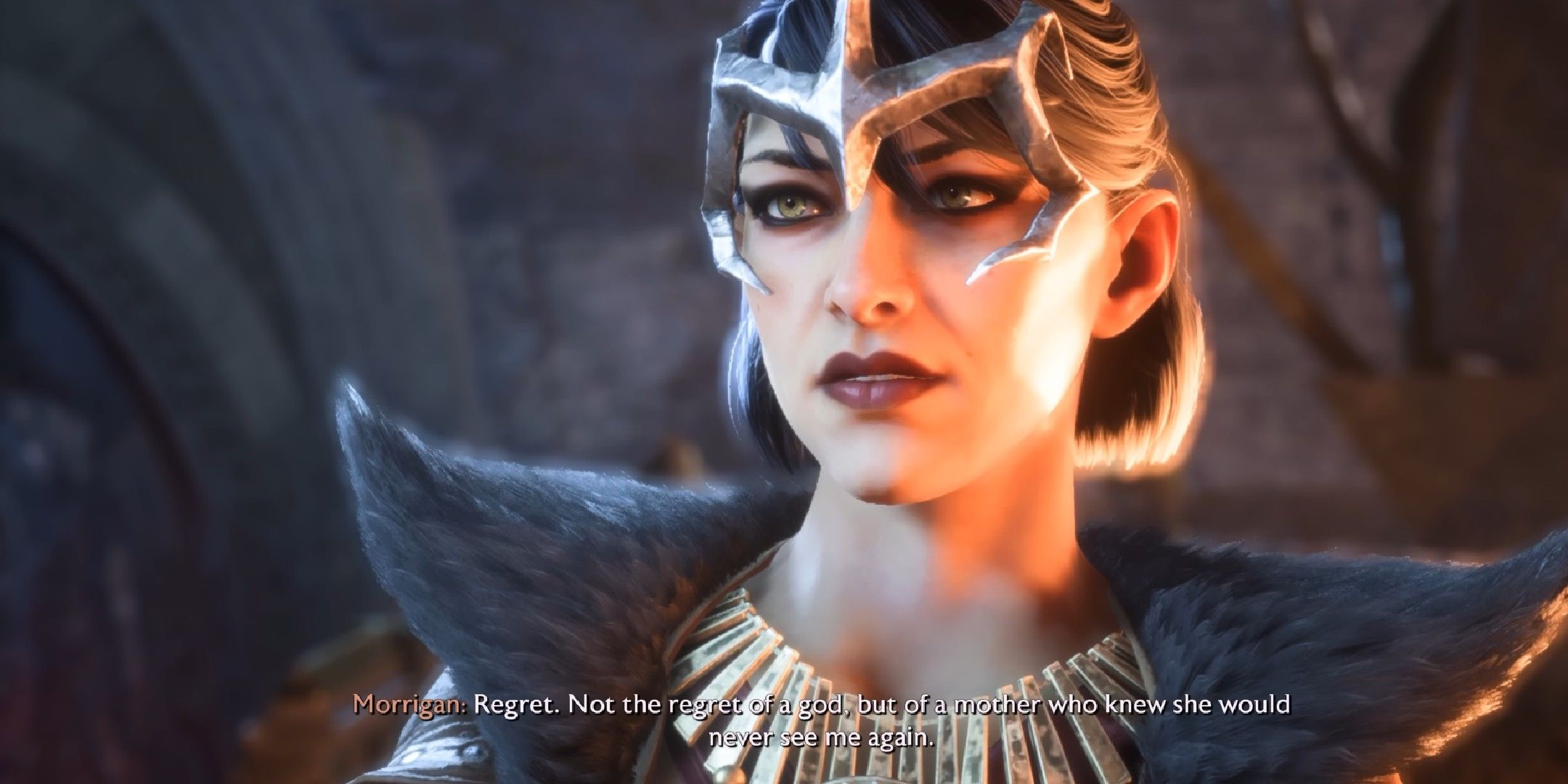



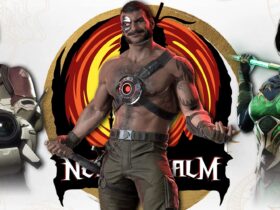


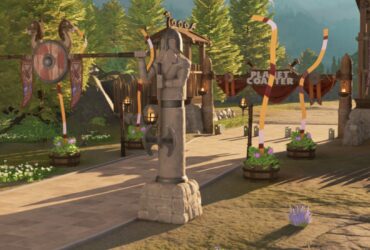

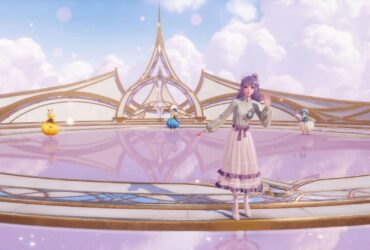

Leave a Reply